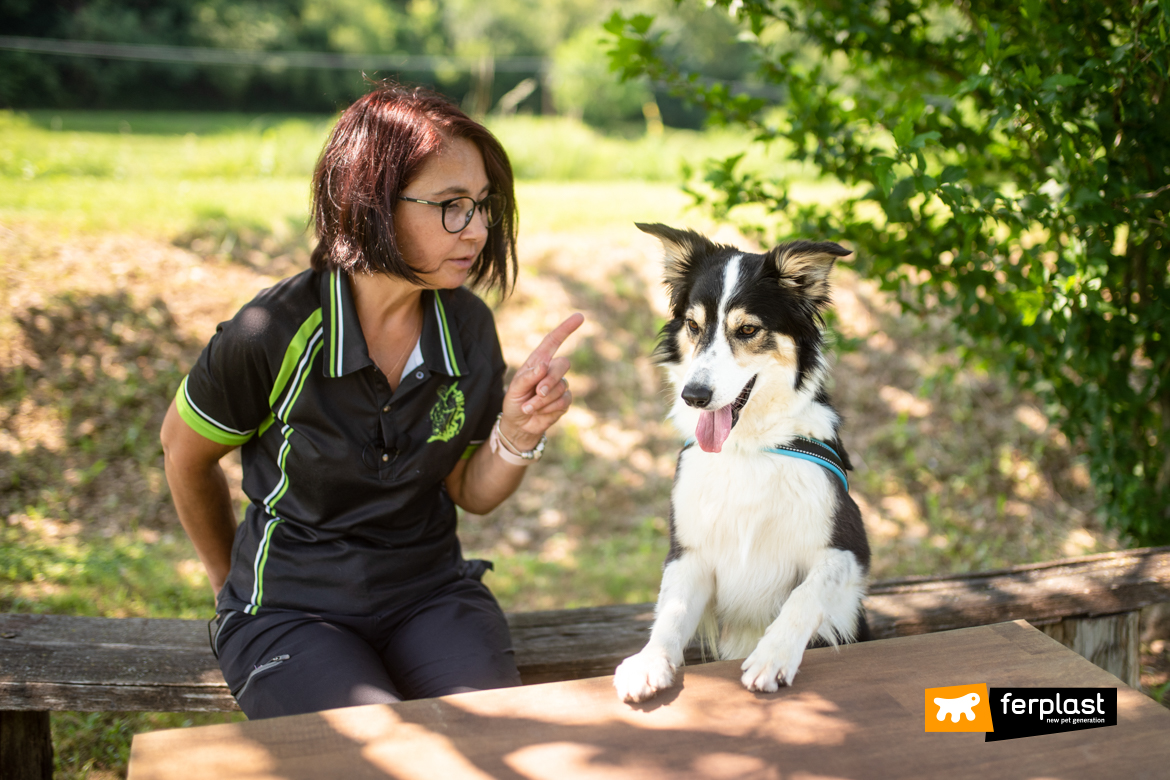Behavioural medicine is a branch of veterinary medicine that deals with behavioural pathologies.
In particular, it deals with all problems related to the behaviour of dogs or cats, from the more basic ones related only to bad behaviour to the more complex, psychopathological ones that could have unpleasant or even dangerous consequences.
What does the veterinary behaviourist do?
The veterinary behaviourist is a veterinary doctor who specialises in the behaviour of dogs and cats. A visit to this figure is recommended if your pet presents behavioural problems such as aggressiveness, difficulties with communication or with relationships, etc.
The first step is first of all to understand whether the pathology is organic, i.e. whether it is linked to a physical problem, or whether it is a purely behavioural pathology.
Animal behavioural problems are of various types and kinds. The most frequent cases concern
– fearful (phobic) animals;
– aggressive animals;
– hyperactive animals.
In any case, behavioural problems can manifest themselves in puppies as well as in adult or elderly dogs.
The path of behavioural medicine
The veterinary behaviourist’s task is to make a correct diagnosis by analysing the animal’s behaviour as a whole. The visit in fact does not stop at the first interview. Instead, it consists of an in-depth observation of the animal’s behaviour with the human family. Only at the end of the investigation will it be possible to indicate a therapy.
Behavioural problems’ can be of four types:
– proper, they appear for no real reason;
– improper, the owner considers a problem a behaviour that is actually normal;
– induced, arising from social trauma;
– derivative, caused by a pathology.
Behavioural therapy
Behavioural therapy is the set of practices that improve communication between the animal and the pet-parent.
In most cases it will be the human who has to learn and replicate the techniques that will lead to an improvement in the situation with their pet.
Depending on the diagnosis, the vet will then decide whether to
– undertake a rehabilitation treatment involving the use of drugs;
– undertake an educational (or re-educational) process.
During the visit the veterinary behaviourist may have to show particular techniques that the pet-parent will have to perform in order to improve the condition of the dog or cat.
What is the difference between veterinary behaviourist and dog trainer?
While on the one hand the dog trainer solves problems of bad upbringing on the part of the pet-parent, the veterinary behaviourist intervenes when the problem may be related to a clinical or behavioural disorder.





